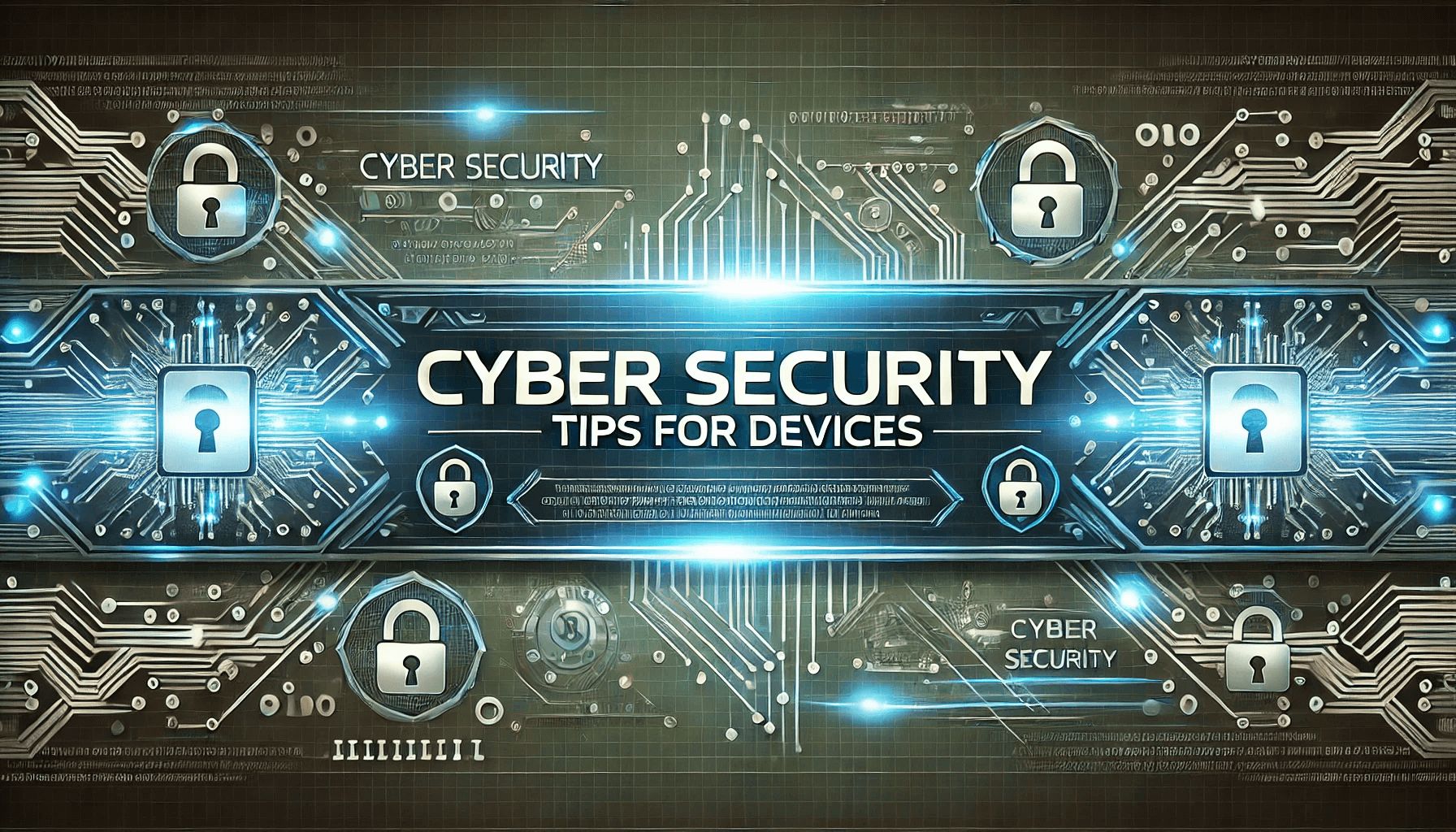Cyber Security Tips For Devices in 2025
The odds are high that the majority of this country’s job force will be working in remote locations well into the new year. Thus, cyber-attacks and other online threats will be on the rise as well. Companies have to devise a better, more protective approach regarding daily inter-department communication.
The biggest challenge is accepting the realization that your business has limited cyber-security, which leaves you vulnerable to breaches. Heading into 2025, companies are searching for viable solutions.
Improving Employee Network Authentication
No question, employee network authentication needs to become a top priority for all companies heading into 2025. Most businesses are taking this area of concern very seriously of late and have begun instituting a two-part network authentication process before an employee gains access to data stored on the network server. This new procedure will ensure that a remote work location is safe from an attack by cyber-criminals. Often, you’re trying to avoid having sensitive documents being stolen online, so you better have a plan in place to negate any possible cyber-threat.
Companies need to re-evaluate which employees need access to sensitive documents. The biggest accomplice in most data breach cases are employees who aren’t classified to have possession of the stolen documents. You may want to set up an employee classification system that restricts access and hopefully limits the threats of cyber-attacks as well. Experts feel a combination of several different biometrics (fingerprints, eye or facial recognition) security authentication processes is the right approach to identifying if an employee has clearance to see the data requested. Often, it comes down to if their job description gains them such access.
Securing a Private Cloud Computing System
Cloud computing is a very popular resource for businesses. It provides an on-demand data storage service without the need for much management by the user. But as the platform’s popularity continues to grow, so does the risk of cyber-attacks to the site as well. Despite the on-going threats, it hasn’t lowered the amount of cloud computing system users in the business world.
To limit the risk of a data breach, companies should be reluctant to use a public cloud computing system and instead choose a private cloud computing system. This approach limits the number of users to employees only, which ensures isolation from outside threats. A private cloud computing system offers a more sophisticated verification process before a user is given access to the data requested.
Implementing such a system allows a business to limit the number of eyes on sensitive documents. All users must gain access through a private, secured network instead of using a public internet feed from their home network provider. Infrastructure is key to minimizing any risk of a data breach from occurring. The higher volume of sensitive materials that need to be secured, the more of a need to have a private cloud computing system in place.
Establishing a Cyber-Security Protocol for All Employees
One of the easiest cyber-security protocols is educating your employees on proper work procedures either at remote locations or at the office. Communication is key for them to gain a better understanding of the responsibilities that come with having access to the business’s server. This course of action empowers your employees to become “watchdogs” and raise concerns if they detect any irregular activity on the network. This task can only become reality if you share how vulnerable the business is to cyber-criminals. Many of these recent, much-publicized cyber-attacks could have been avoided if employees were aware of the concerns.
Despite having all of the required cyber-security in place, your business is still vulnerable to cyber-criminals who phish an employee for easy access to your network server. It is hard to protect your business from this type of threat as the cyber landscape is ever-changing. Unfortunately, there is no defense for a worker innocently hitting onto an email that triggers a network-wide virus.
Yes, this action could have been avoided if more communication of a possible cyber-attack came their way. As a business owner, it is your responsibility to educate employees and provide better cyber-security protocol that allows them to make smart decisions on their work devices.
Updating All Work Device’s Software
Executing periodical work device software updates is very much recommended. This will lower any threat of your network being comprised by cyber-criminals by lessening the odds of being exposed to a malware virus.
However, too many workers fail to update their devices’ software on their own because the process takes too long to complete. But the greater mistake is not emphasizing the importance of such actions. The failure to update a work device’s software leaves the door wide open for cyber-criminals to gain access to your business’s network server without much of a defense provided. This is a tough lesson to learn, but it will force you to patch up the holes in your cyber-security practices.
Avoid the Use of USB Flash Drives in All Work Devices
USB flash drives are a common instrument used to share data with co-workers and clients. But cyber-criminals use these devices to infiltrate a business’s network system. This is accomplished by mailing a corrupt USB flash drive to your office, then an unsuspecting worker will insert the device into their desktop or laptop without much hesitation.
Once activated, the malware will create a backdoor opening to remove all of the data stored on the server. This type of cyber-attack is harder to trace, especially with employees working from remote locations.
Now, companies are setting strict guidelines for USB flash drive use as they pose a blind spot for all cyber-security protocols. A radical approach is plugging up all USB ports on work devices, which forces everyone to share data through the company’s email system. If this is too rash of an approach, then encrypt all company documents. This makes the information useless to cyber-criminals without the encryption password.
This past year has amplified the importance of cyber-security. All work devices are at risk of a data breach, so all businesses need to update their policies for 2025. That means educating your employees on the importance of protecting the company’s data. If not, then a cyber-attack will bring down your business for an extended period of time.




